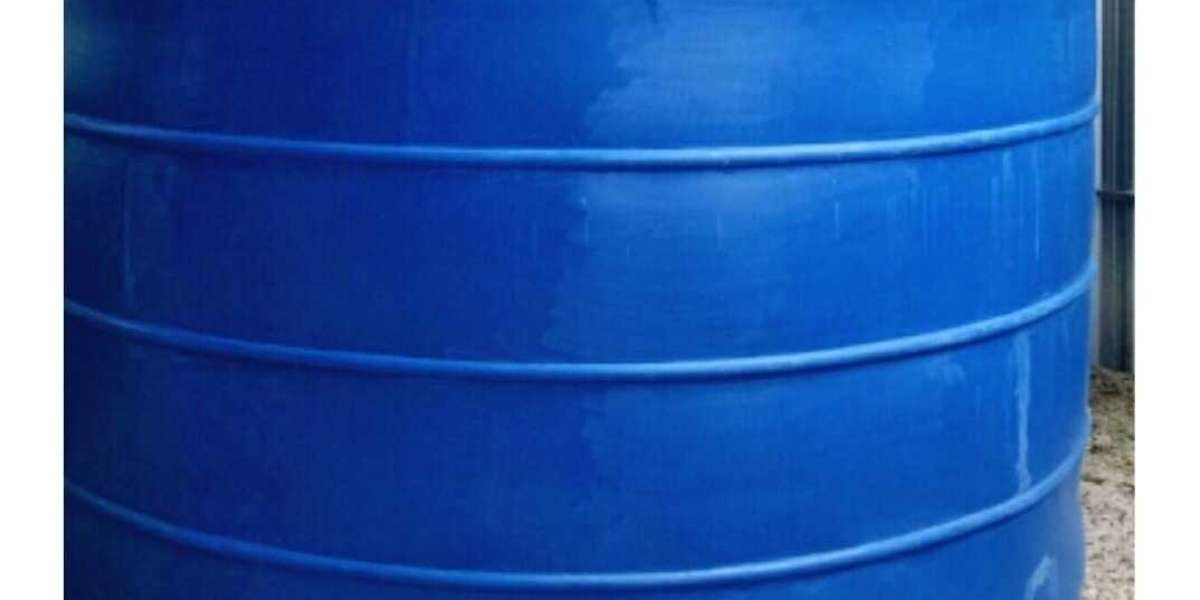Climate change: Growing doubts over chip fat biofuel
21 April 2021
comments
354 Comments
New research study concerns the ecological effect of rising imports of utilized cooking oil (UCO) into the UK and Europe.
Chip fat and other oils are thought about waste, so when they are utilized to make biodiesel it saves carbon emissions by displacing fossil oil.
But such is the demand across Europe that imports now account for more than half of the UCO that's made into fuel.
According to the study, external, there's no chance to show these imports are sustainable.
Without any testing of what's coming in, experts believe it is also ripe for scams.
Used cooking oil imports may boost deforestation
Consumers position 'growing hazard' to tropical forests
Reducing emissions from transportation is showing to be among the toughest challenges for federal governments all over the world.
They've encouraged using biofuels as an essential means of suppressing carbon from automobiles and lorries.
Biofuels are generally a blend of fossil fuel and oil made from plants or veggies.
The reality that these crops can be re-grown and absorb more CO2 indicates they counteract the carbon discharged when utilized in engines.
Soy and palm oil were as soon as extensively utilized as elements of biodiesel however this practice has actually been widely challenged because it encourages deforestation.
So for the last years or so, the use of used cooking oil has actually expanded massively as an alternative feedstock for fuel.
Chip fat and other waste oils have ended up being a crucial component of biodiesel with an effective industry emerging across Europe to collect and process the item.
But with the amount of biodiesel made from UCO increasing by around 40% every year because 2014, there merely isn't sufficient chip fat to go around.
According to a report from the project group Transport & Environment, external, majority of the UCO utilized in Europe is imported.
Their study recommends this is extremely problematic when it concerns impacts on the environment.
While UCO is considered a waste material in the UK, in China, Indonesia and Malaysia it has long been utilized to feed animals. The report raises the concern of what people in these countries are replacing the UCO with, when it is exported.
In 2019, Malaysia exported 90 million litres of UCO to the UK and Ireland. Figures for their exports to other European nations aren't available but the circulation of UCO is likely to be comparable.
With a population of around 33 million, that's close to 3 litres per head of utilized oil that's gathered and exported to the UK and Ireland alone.
By comparison, Thailand, which has a population of 70 million people, managed to collect around five million litres of UCO in 2019.
"Because we are buying it, they have less used cooking oil to utilize on the important things that they were previously utilizing it for," stated Greg Archer with Transport & Environment.
"And they're simply buying more virgin oil and that virgin oil is largely palm oil, because that's the most affordable oil offered.
"So indirectly, we're simply motivating more logging in Southeast Asia."
Another major issue with UCO is the suspicion of fraud.
Because of need from Europe, the price of UCO is frequently greater than palm oil. The worry is that some unscrupulous traders are merely diluting shipments of UCO with palm.
As oils of various types are blended in bulk for transport, and no testing of the materials is carried out, some professionals think fraud is swarming.

The recommendation of fraud anywhere along the chain of supply is turned down by the European Waste-to-Advanced Biofuels Association (EWABA), who say there are robust certification plans in location.
"It is extensively understood that the European Commission has actually taken pertinent actions to completely suppress unsound market practices in biofuel markets," stated Angel Alberdi, EWABA's secretary general.
He says a brand-new database being developed by the EU will ensure that trading, accreditation and sustainability information on all bio-liquids will have to be registered.

"The combination of revised accreditation schemes and the pan-EU track and trace database will guarantee that no sustainability issues occur in the whole biofuels and bio-liquids supply chain," he told BBC News.
Others in the field are worried that the database idea, which was first mooted in 2018, may not work in stemming presumed scams.
The report from Transport & Environment mentions that with shipping and aviation wanting to decarbonise by utilizing biofuels, demand for UCO could double over the next years.
"Rising the demand beyond sustainable supply levels would increase these concerns, and threats of utilizing 'phony' UCO, possibly leading to indirect impacts such as deforestation."
Follow Matt on Twitter @mattmcgrathbbc, external.
Related subjects
COP26
Paris climate arrangement
Climate







